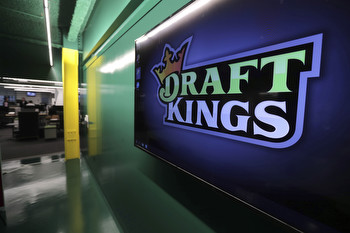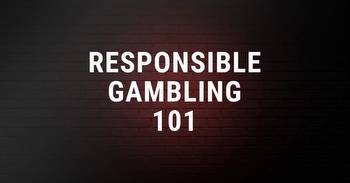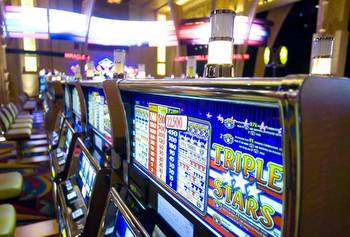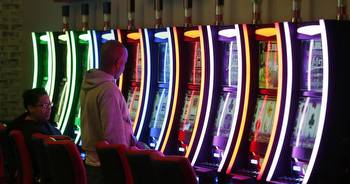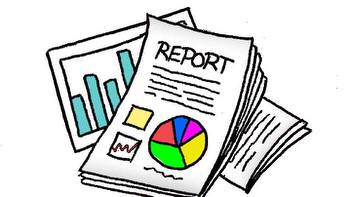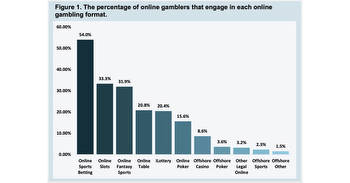DDAP report: At least a third of online gamblers say it negatively impacts their lives
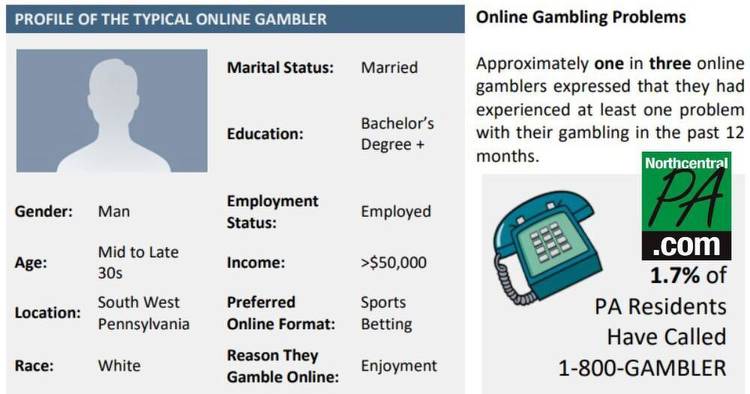
Harrisburg, Pa. — The Pennsylvania Department of Drug and Alcohol Programs released its second annual report about the impact of online gambling in the Commonwealth on March 23. The report is required as part of Pennsylvania's legalization of online gambling.
This report was created in cooperation with Penn State University and the Pennsylvania Gaming Control Board.
“This report will assist DDAP in its mission to assess and address how gambling behaviors impact compulsive and problem gambling within the Commonwealth,” said DDAP Acting Secretary Dr. Latika Davis-Jones. “We want to ensure we are offering all the resources we can at the state level to anyone who may be experiencing problem gambling behaviors. Knowing the current online gambling trends in the state will help DDAP make informed decisions and help to spread awareness that treatment and resources are available to help when this recreational hobby becomes a more serious problem.”
Online gambling, interactive gaming, or iGaming was legalized by Act 42 of 2017, which also requires reports about the consequences of online gambling. Funding for this report is provided via fees from interactive gaming licensees.
“Monitoring gambling behaviors, especially as we embark on an era of increased access to online gambling opportunities, will be essential to develop knowledge associated with their impacts on the health of our Commonwealth’s residents, families, and communities,” said Dr. Glenn Sterner, assistant professor of criminal justice at Penn State. “Using data from this survey can ensure that any interventions that may be needed are grounded in evidence.”
The report's results were generated from a survey of over 1,100 Pennsylvanians in 2002. An executive summary is available to view online.The full report is also available.
Notable findings include:
- More than a third of online gamblers reported that gambling had at least one negative impact on their lives
- 11 percent of adults engaged in online gambling
- The average age of online gamblers is in the late 30s
- 66 percent of online gamblers were men
- 54 percent of online gambling was in the form of sports betting
Negative impacts of gambling included strained relationships with loved ones; borrowing money to gamble; gambling to experience a "high;" missing work, school, or other activities to gamble; hiding or lying about gambling; using gambling as an escape to avoid other problems; and feeling like a gambling habit is out of control but feeling unable to stop.
One of the main tools used to help gamblers experiencing problems is the self-exclusion program, which lets individuals request to be barred from legal gaming activities, including online gambling, gambling in casinos, and gambling in offsite venues.











